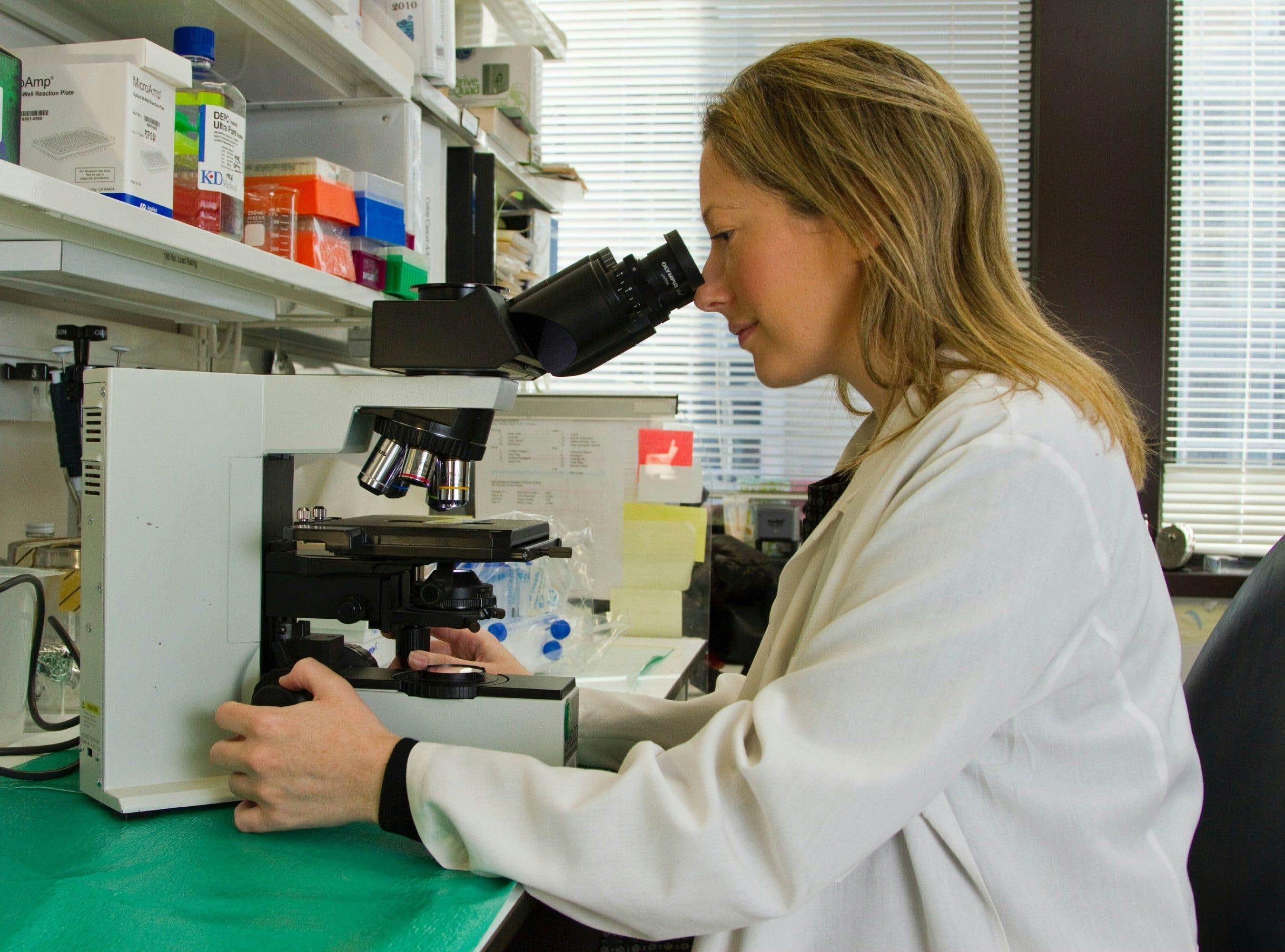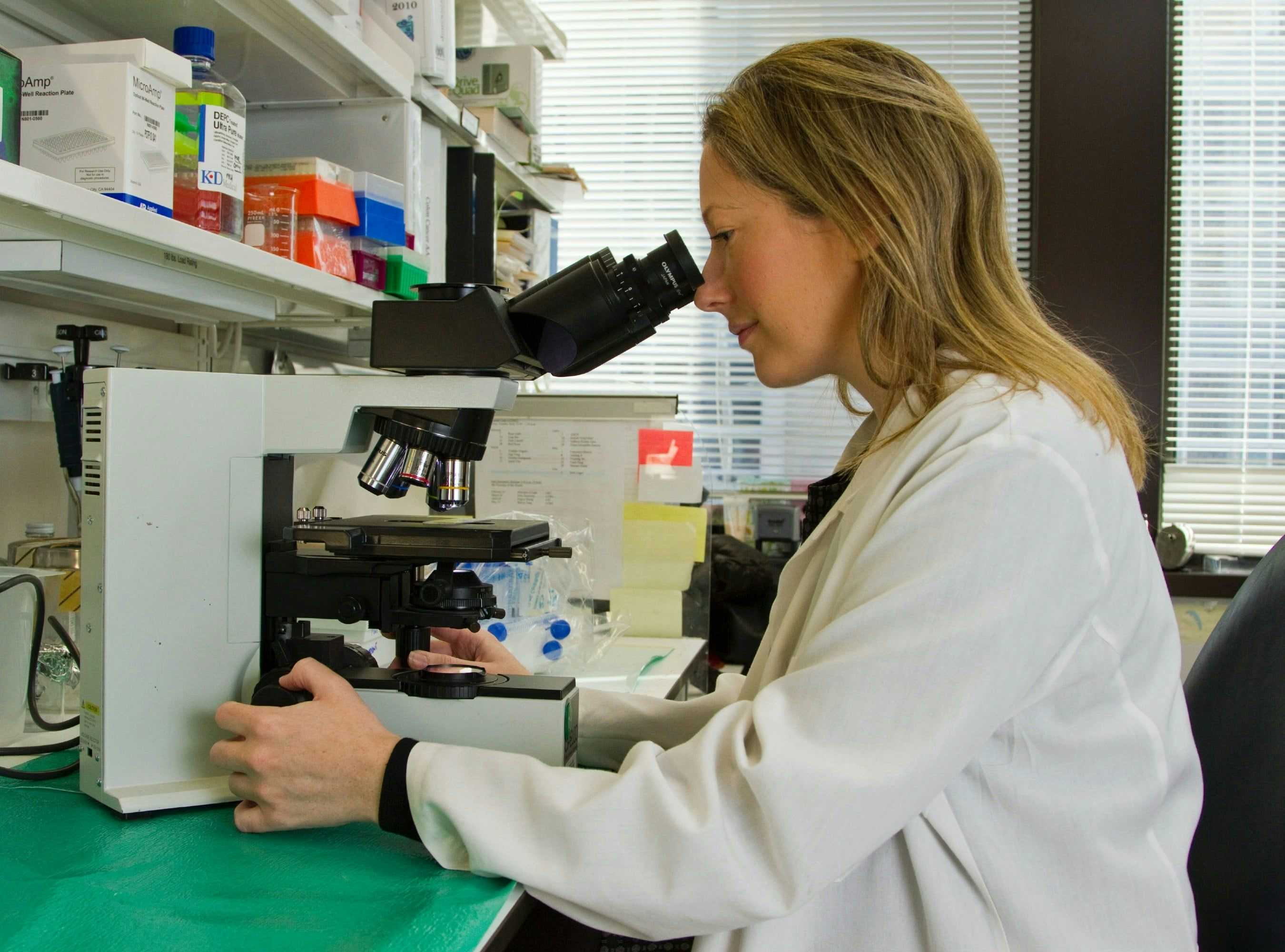Federal Rule 702 establishes that a witness who is qualified as an expert on the basis of knowledge, skill, experience, training, or education may testify in the form of an opinion or otherwise if:
- The expert’s scientific, technical, or other specialized knowledge will help the trier of fact to understand the evidence or to determine a fact in issue
- The testimony is based on sufficient facts or data
- The testimony is the product of reliable principles and methods, and
- The expert has reliably applied the principles and methods to the facts of the case
Though the states are allowed to adopt their own evidentiary gatekeeping rules, most have adopted or modified Federal Rule 702, including those covering expert testimony.
The Frye Standard
One of the first major legal arguments as to the admissibility evidence centered on the use of polygraph machines— more commonly known as lie detectors. In 1923, in Frye v. United States, the District of Columbia Court rejected the scientific validity of the lie detector machine. Its reasoning was that the technology did not have significant general acceptance at that time. In its decision, the court gave a guideline for determining the admissibility of scientific examinations:
“Just when a scientific principle or discovery crosses the line between the experimental and demonstrable stages is difficult to define. Somewhere in this twilight zone the evidential force of the principle must be recognized, and while the courts will go a long way in admitting experimental testimony deduced from a well-recognized scientific principle or discovery, the thing from which the deduction is made must be sufficiently established to have gained general acceptance in the particular field in which it belongs.”
The decision in this case established the “Frye Standard” meaning a court had to decide if the procedure, technique, or principles in question were generally accepted by a meaningful proportion of the relevant scientific community. This standard prevailed in state and federal courts for many years. Today, it’s still used as a benchmark standard for evidentiary admissibility in certain states.
The Daubert Standard
In 1993, the Supreme Court had an opportunity to revisit evidentiary standards. In Daubert v. Merrell Dow Pharmaceuticals, Inc., the United States Supreme Court held that the Federal Rules of Evidence, and in particular Rule 702, superseded Frye’s “general acceptance” test. In Daubert, the court explained that the federal standard includes general acceptance, but also looks at the science and its application. Trial judges are the final arbiter or “gatekeeper” on the admissibility of evidence and acceptance of a witness as an expert within their own courtrooms.
In deciding if the science and the expert in question should be permitted, the judge should consider:
- What is the basic theory and has it been tested?
- Are there standards controlling the technique?
- Has the theory or technique been subjected to peer review and publication?
- What is the known or potential error rate?
- Is there general acceptance of the theory?
- Has the expert adequately accounted for alternative explanations?
- Has the expert unjustifiably extrapolated from an accepted premise to an unfounded conclusion?
For the defense side of admissibility, the Supreme Court ruling also set an important standard. The Daubert decision also observed that concerns over questionable evidence could be scrutinized. Opposing counsel could put an expert through a vigorous cross-examination. This includes also a presentation of contrary evidence while obtaining careful instruction on the burden of proof to a jury.
In many states, scientific expert testimony is now subject to the Daubert standard exclusively. But some states still use a modified version of the Frye standard. This includes California, Illinois, Minnesota, New Jersey, New York, Pennsylvania, and Washington
Standards for Experts to Follow
The majority of states follow the Daubert standard for expert witnesses. In conjunction with Rule 702, only experts who are “qualified…by knowledge, skill, experience, training, or education” can testify in a case. Thus, to be considered an expert in any field, there must be a significant level of training and experience. Almost every discipline has a terminal degree or requires years of training and experience to be considered a recognized expert. Research and publication are also generally necessary for recognition by one’s peers as being an expert.
As the gatekeeper for the court, a judge can still accept any person as an expert. If an expert is allowed to testify by a judge, the opposition can question the witness. In turn, they can show they lack the expertise, experience, or background to testify. This is why it is important that an expert’s credibility supports an attorney’s current litigation needs.
Closing Thoughts
The admissibility of scientific evidence or expert witnesses at trial is an important issue. Whether evidence is admitted at trial can determine whether a party wins or loses in court. In the United States, cases at the state and federal level have been shaped by evidentiary standards that govern such admissibility. Decisions made by judges today as to what evidence can be admitted generally follows what is known as the Daubert standard. Though this is the standard used in the majority of jurisdictions, it is important to understand this legal development has occurred over time to become the standards that are maintained today.




